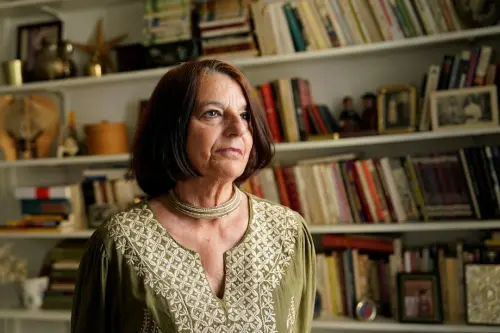Introduction
In a remarkable step towards reconciliation, a Catholic organization in Spain will formally apologize to women forced into state-run rehabilitation institutions during the dictatorship of Francisco Franco.Context
Consuelo Garcia del Cid, who was just 16 when she was taken from her home in Barcelona in 1974, is among the many women who suffered under a system designed to impose strict moral codes. These institutions targeted girls and young women accused of various perceived moral failures, with methods of indoctrination and punishment that have left lasting scars.In April, the Spanish Confederation of Religious Entities (CONFER) announced its intention to hold a ceremony to seek forgiveness from these women. This historic event was delayed due to the passing of Pope Francis.
Developments
While many view this ceremony as a positive move, activists assert it falls short of addressing the broader need for national acknowledgment of the systemic abuses endured. Pilar Dasi, a former resident of a rehabilitation center, expressed doubt about the sincerity of the Church's intentions, remarking, "It's just the tip of the iceberg."Established in 1941 by Franco’s Justice Ministry and supervised by his wife, Carmen Polo, these institutions operated until 1985. The centers targeted girls from a wide range of backgrounds, often labeled as "bad girls" for behaviors such as smoking or wearing revealing clothing.
Mariaje Lopez, who spent time in a center from 1965 to 1970, highlighted the absurdity of the accusations, emphasizing how the moral codes enforced within the centers led to unjust punishments for trivial offenses.
The Penagrande maternity center, notorious for its harsh treatment, accepted many young women under distressing circumstances, often coercing them into giving up their children for adoption. Survivors recounted horrific experiences, including the fear associated with the fate of children sent to the infirmary, emphasizing the long-term trauma inflicted on these women.
CONFER has committed to facilitating a healing process for survivors through its upcoming event, acknowledging the past's impact and emphasizing the need for introspection within the Church.
